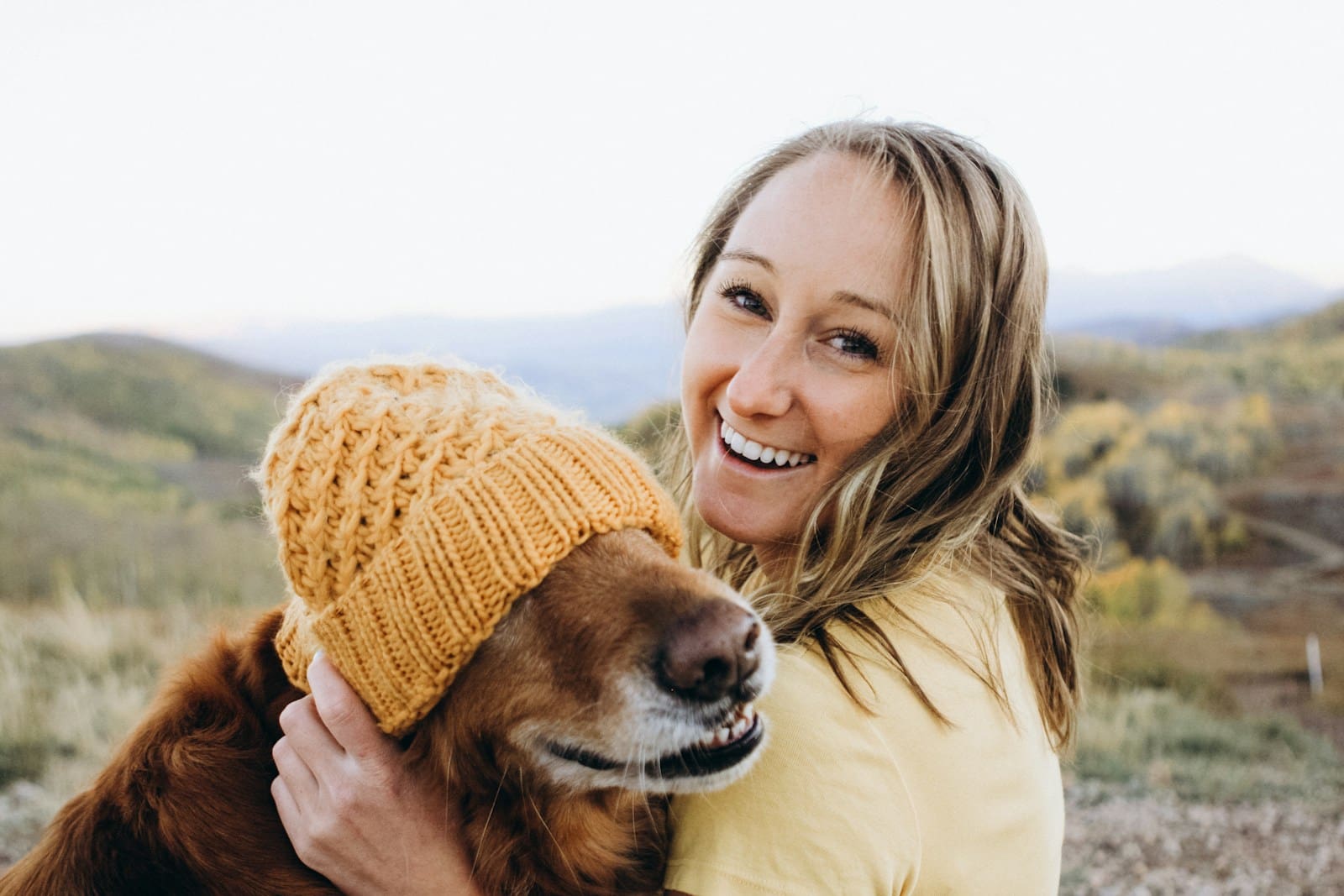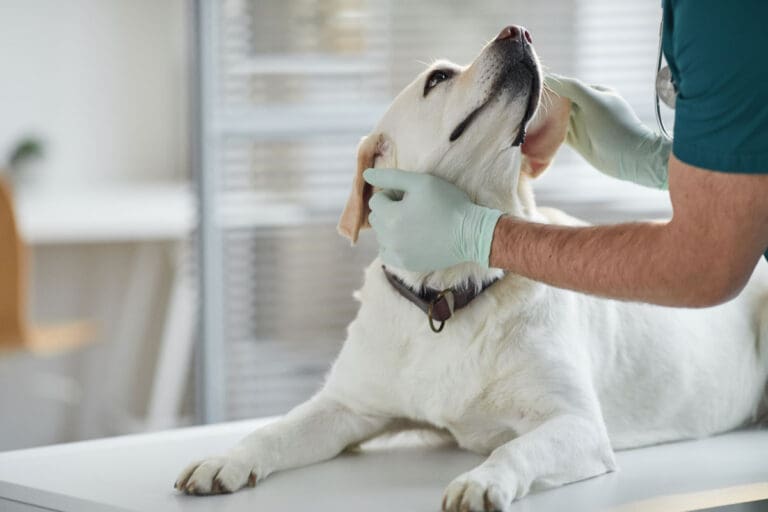It’s hard to scroll through social media without seeing a celeb cuddling their dog next to a shiny new bag of pet food.
From TikTok stars to Hollywood A-listers, influencer pet food brands are everywhere. But how much of it is marketing—and how much is truly good for your pet?
Let’s break down the buzz and see what the experts (and the ingredients lists) really say.
The Rise of Influencer Pet Brands

Influencers and celebrities have officially entered the pet aisle.
Brands like Jinx (co-founded by YouTuber The Fat Jewish) and Halo Elevate (partnered with The Real Housewives’ Lisa Vanderpump) are blending pet influencer marketing with sleek branding, wellness claims, and even subscription plans.
On the surface, these influencer pet endorsements seem harmless or even helpful. After all, who wouldn’t trust a well-loved public figure who adores their dog? But critics argue that influence doesn’t equal expertise.
According to NorthPoint Pets, many influencer brands spend more on marketing than they do on nutrition research or feeding trials. That means your pet may be eating more buzzwords than balanced meals.
What’s Actually in the Bowl?
A closer look at some influencer-recommended dog food shows a pattern: lots of wellness claims, “human-grade” promises, and buzzy ingredient lists, but often no clear evidence of AAFCO pet food guidelines compliance or third-party testing.
Key red flags to watch for include:
- Vague terms like “natural flavor” or “meat meal” with no source
- Lack of clear vet or animal nutritionist involvement
- No published feeding trials or digestibility studies
- Overreliance on pea proteins or fillers
Even trusted pet food brands can sometimes fall short if they lean too heavily on trends over substance. That’s why knowing how to choose pet food based on science is essential.
Do Any Pet Influencers Get It Right?
Not all pet nutrition influencers are created equal.
Some, like Dr. Judy Morgan (a holistic vet with a large online following), advocate for transparent labeling, raw feeding science, and vet-supervised diets. Others, like Dr. Lisa Lippman and Dr. Hunter Finn, combine medical expertise with approachable content, blending influence with real veterinary credentials.
Look for influencers who:
- Disclose paid partnerships
- Reference studies or expert panels
- Highlight brands that pass AAFCO feeding trials
- Offer honest pros and cons, not just promotions
What the Experts (and Vets) Say
Veterinary professionals generally urge caution with celebrity-led trends. The most important factors in choosing pet food include nutrient profile, digestibility, and food safety, not who’s on the label.
If you’re unsure where to begin, talk to your vet. And while you’re at it, be aware of the ingredients that could hurt more than help, like those listed in our internal guide on 10 Common Foods That Can Harm Your Dog.
Final Thoughts: Trust, But Verify
When it comes to pet food brand trust, follower count shouldn’t be your deciding factor. While influencer-recommended dog food can introduce trendy options, your pet’s health depends on more than social media hype.
Look for vet-approved pet food backed by real research, ensure it meets AAFCO standards, and investigate ingredient sourcing and manufacturing transparency. Most importantly, talk to your vet before switching diets. Trust should be built on facts, not trends.






